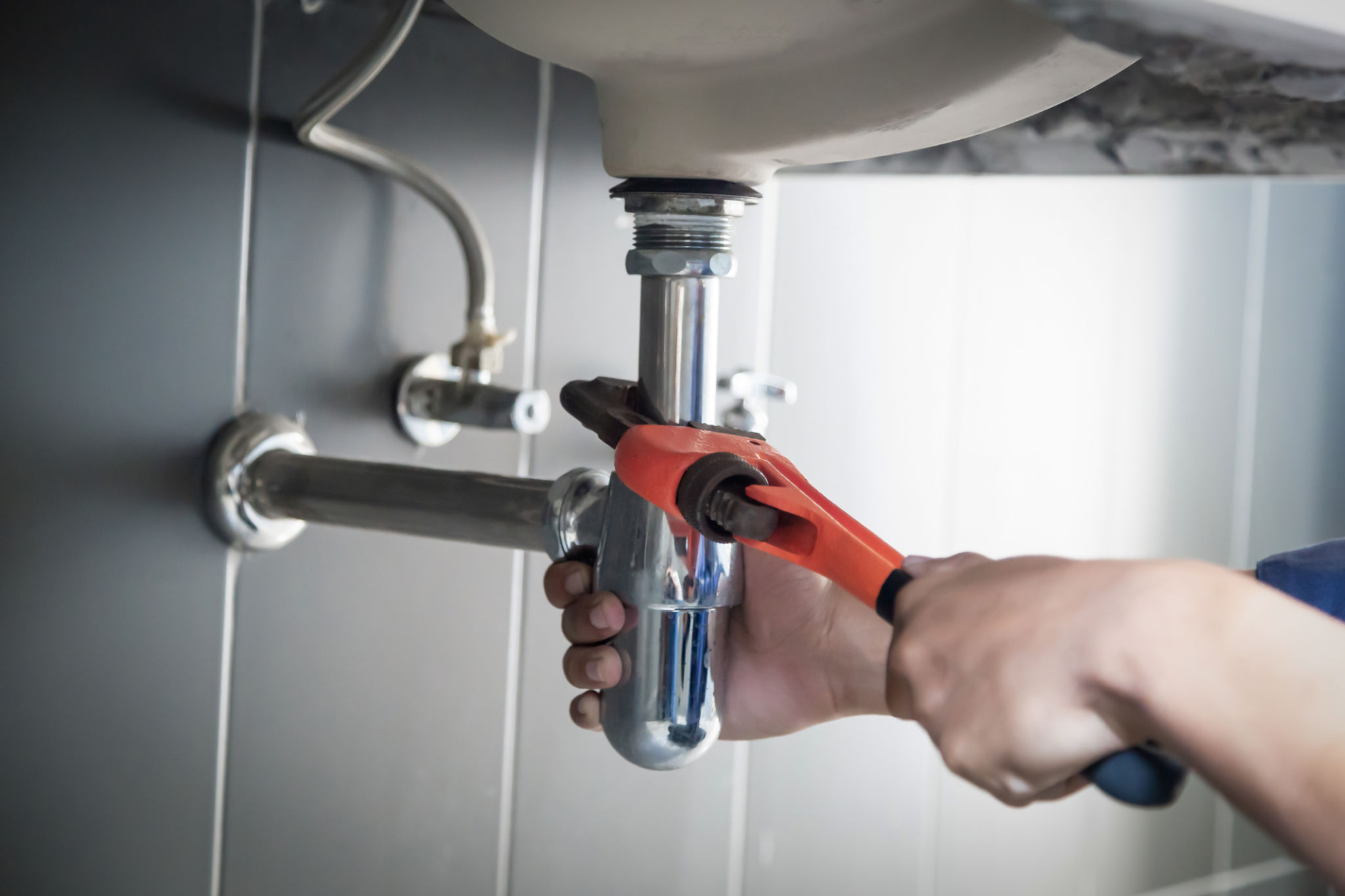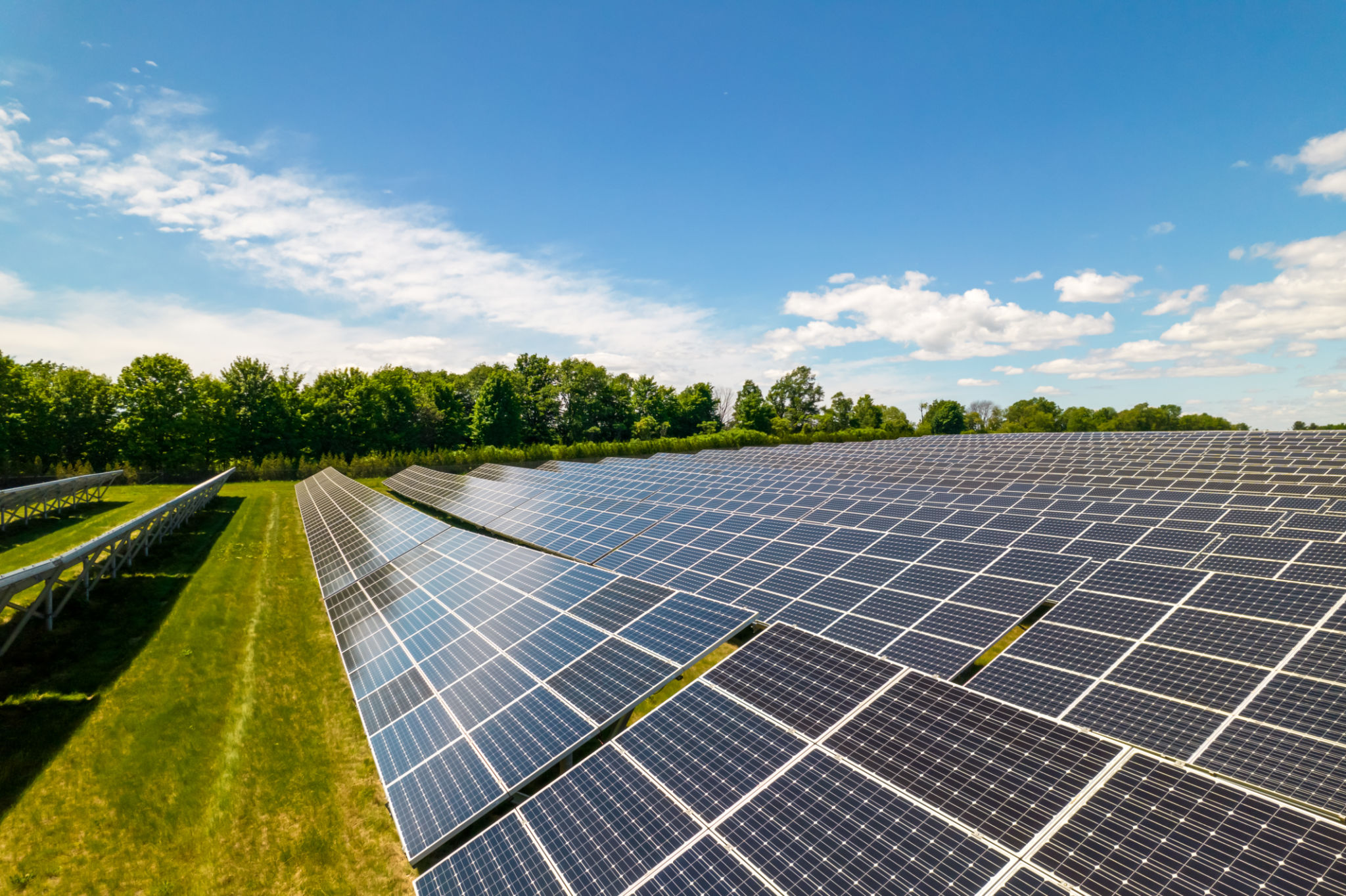Myth-Busting: Debunking Common Hot Water System Misconceptions
Understanding Hot Water Systems
Hot water systems are essential in every household, yet several myths surround their operation and maintenance. These misconceptions can lead to inefficient usage, higher costs, and even damage to the system. In this post, we aim to debunk some of the most common myths about hot water systems, providing you with accurate information to help you make informed decisions.
Myth 1: It’s Cheaper to Leave the Hot Water System On All the Time
A common misconception is that keeping the hot water system on continuously is more cost-effective than turning it off when not in use. In reality, this practice can lead to higher energy bills. Modern hot water systems are designed to heat water efficiently only when needed. By using a timer or manually turning off the system during long periods of non-use, you can save on energy costs.
Additionally, some systems have a “vacation mode” for when you are away, which can further reduce unnecessary energy consumption.

Myth 2: All Hot Water Systems Are the Same
Another prevalent myth is that all hot water systems are essentially identical in terms of performance and efficiency. In fact, there are several types of systems available, each with distinct advantages and disadvantages. Systems can be powered by electricity, gas, solar energy, or heat pumps. Each type has different operational costs and efficiencies.
Choosing the right system depends on your household's specific needs, including the number of occupants, location, and budget. Consulting with a professional can help determine the best option for your home.
Myth 3: You Don’t Need to Maintain Your Hot Water System
Many homeowners believe that once a hot water system is installed, it requires little to no maintenance. This is untrue and can lead to costly repairs or replacements down the line. Regular maintenance is crucial for ensuring optimal performance and extending the lifespan of your system.
Simple tasks like checking for leaks, flushing the system to remove sediment buildup, and inspecting the anode rod can prevent potential issues. Scheduling professional inspections annually is also recommended.

Myth 4: Hot Water Systems Are Not Environmentally Friendly
Some believe that hot water systems are inherently harmful to the environment. While traditional systems may have been less eco-friendly, many modern options offer sustainable alternatives. Solar-powered systems and heat pumps are excellent choices for reducing your carbon footprint.
Additionally, using energy-efficient settings and insulating pipes can enhance your system's efficiency. By making thoughtful choices, you can enjoy hot water while minimizing environmental impact.

Conclusion
Understanding the truth behind these common myths about hot water systems can help you manage your energy consumption more effectively and ensure the longevity of your system. By choosing the right type of system, maintaining it regularly, and optimizing its operation, you can enjoy the benefits of hot water without unnecessary costs or environmental concerns.
Next time you hear a myth about hot water systems, remember these facts and make informed decisions for your home and wallet.
